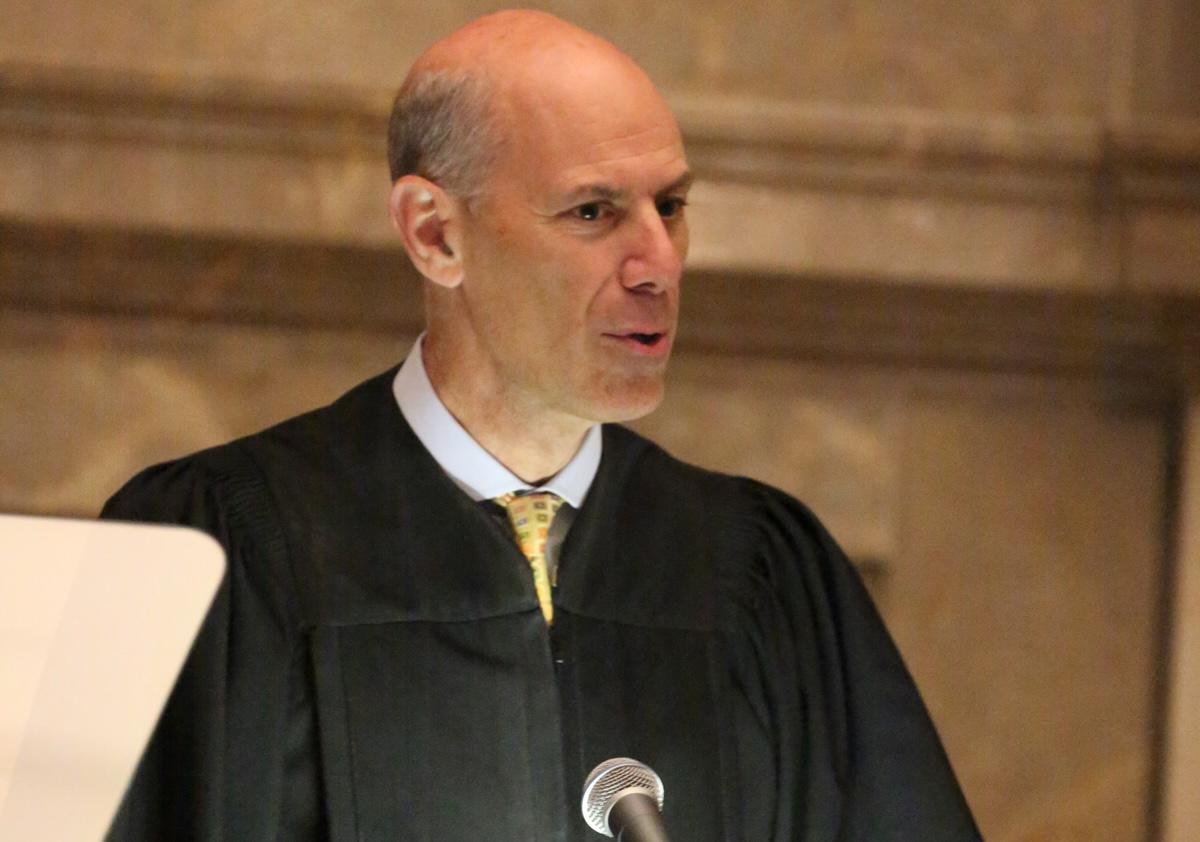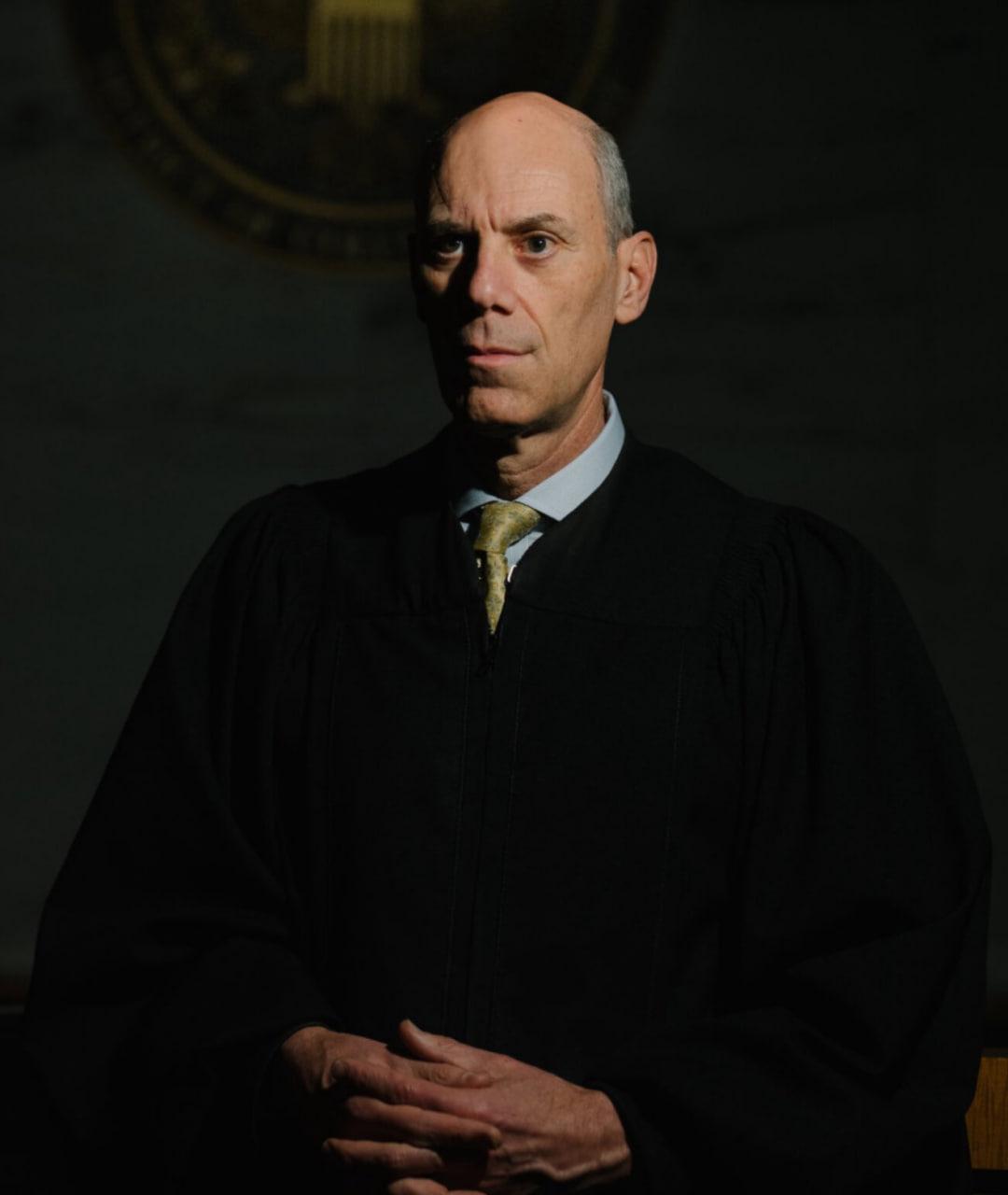The question of whether liberal judges are “legislating from the bench” and whether they should be removed is one that has stirred passionate debate in American political and legal discourse for decades. To understand the complexities of this issue, one must examine the role of judges in a constitutional democracy, the meaning of judicial activism, and the broader political context in which this debate occurs.

In the United States, the Constitution establishes a separation of powers among the three branches of government: the legislative, executive, and judicial. The primary role of the judiciary is to interpret the law and ensure that the other branches do not exceed their constitutional limits. However, this interpretive function is inherently complex. While the law provides general principles, judges often must apply them to novel circumstances the original lawmakers could not have foreseen. This process is not mechanical. Judges bring their own legal philosophies and interpretive frameworks to bear, whether they identify as liberal or conservative. In this sense, all judges engage in some degree of shaping the law through their decisions.
The phrase “legislating from the bench” is often used as a critique aimed at judges—typically liberal ones—who are perceived to expand constitutional or statutory interpretations beyond the original intent of the lawmakers. Critics argue that such judges overstep their authority by effectively creating new law, a function reserved for legislatures. High-profile decisions involving abortion rights, same-sex marriage, affirmative action, and environmental regulations are often cited as examples. For instance, the Supreme Court’s decision in Obergefell v. Hodges (2015), which legalized same-sex marriage nationwide, was hailed by many as a landmark for civil rights, but criticized by others as a judicial overreach that imposed a legislative solution.

Supporters of liberal judges, however, argue that such decisions are not acts of legislation but necessary applications of constitutional principles to evolving social realities. They point out that the judiciary must sometimes protect minority rights from the tyranny of the majority, a function the framers of the Constitution envisioned. Courts have historically played a crucial role in advancing civil liberties when legislatures were unwilling or too slow to act. Landmark cases like Brown v. Board of Education (1954), which ended racial segregation in public schools, were once seen as radical but are now widely accepted as just and necessary.
Moreover, the accusation of “legislating from the bench” is not unique to liberal judges. Conservative jurists have also been accused of activism, particularly in cases where they have struck down economic regulations or expanded gun rights based on interpretations that some scholars argue go beyond the original text or intent of the Constitution. The decision in Citizens United v. FEC (2010), which expanded corporate political speech rights, was lauded by some conservatives as a victory for free expression but viewed by others as a case of judicial activism favoring powerful interests.
The question of whether such judges should be removed is a serious one, as it touches upon the independence of the judiciary—one of the pillars of a functioning democracy. The U.S. Constitution provides for lifetime appointments of federal judges, including Supreme Court justices, to insulate them from political pressures. They can only be removed through impeachment for “high crimes and misdemeanors,” a threshold meant to prevent politically motivated purges. To remove a judge simply for rendering decisions that are unpopular or controversial would undermine the rule of law and erode judicial independence.
It is also important to consider the broader political environment in which these accusations arise. In a highly polarized society, the courts often become battlegrounds for ideological disputes that Congress is unwilling or unable to resolve. The appointment process for judges, especially to the Supreme Court, has become intensely partisan, with nominees scrutinized not just for their qualifications but for their perceived ideological leanings. In this environment, the charge of “legislating from the bench” can become a political weapon rather than a genuine critique of judicial behavior.
Rather than seeking to remove judges for ideological reasons, a more constructive approach would be to focus on the principles of judicial accountability and transparency. Judges should explain their decisions clearly and root them in established legal reasoning. The public should be educated about the role of the judiciary and the importance of an independent bench. Mechanisms such as judicial review and appellate oversight already exist to correct judicial errors and ensure consistency in the law.
In conclusion, the claim that liberal judges are legislating from the bench oversimplifies a complex issue. While it is legitimate to scrutinize judicial decisions and debate their implications, calling for the removal of judges based on ideological disagreements threatens the integrity of the judiciary. In a constitutional democracy, it is essential to maintain a balance between holding judges accountable and preserving their independence. The ultimate safeguard lies not in politicizing the bench but in ensuring that the judiciary continues to function as a neutral arbiter of the law, even in the face of controversy.






